With its knowledge-based economy and superior technological and military strength, Israel has gone beyond its regional scope to become an important factor in the global economy.
One of the world's leading knowledge economies
Israel has an area of only 22,000 km2 and a population of about 9 million people. It is a country poor in natural resources, located in the middle of a harsh desert.
However, with a development strategy based on knowledge and innovation, Israel has built a developed market economy, reaching a GDP of about 540 billion USD by 2024, ranking 19th in the world . Israel's GDP per capita is 54,000 USD, more than 10 times higher than Iran's, although its population is only 1/10 and it belongs to the group of high-income countries.
Israel’s economic strength comes from its focus on high-tech and service industries. Information technology, cybersecurity, medical devices and agricultural technology are its spearheads. Israel has more than 6,000 technology startups, second only to Silicon Valley (USA) in the world, and attracts tens of billions of dollars in venture capital.
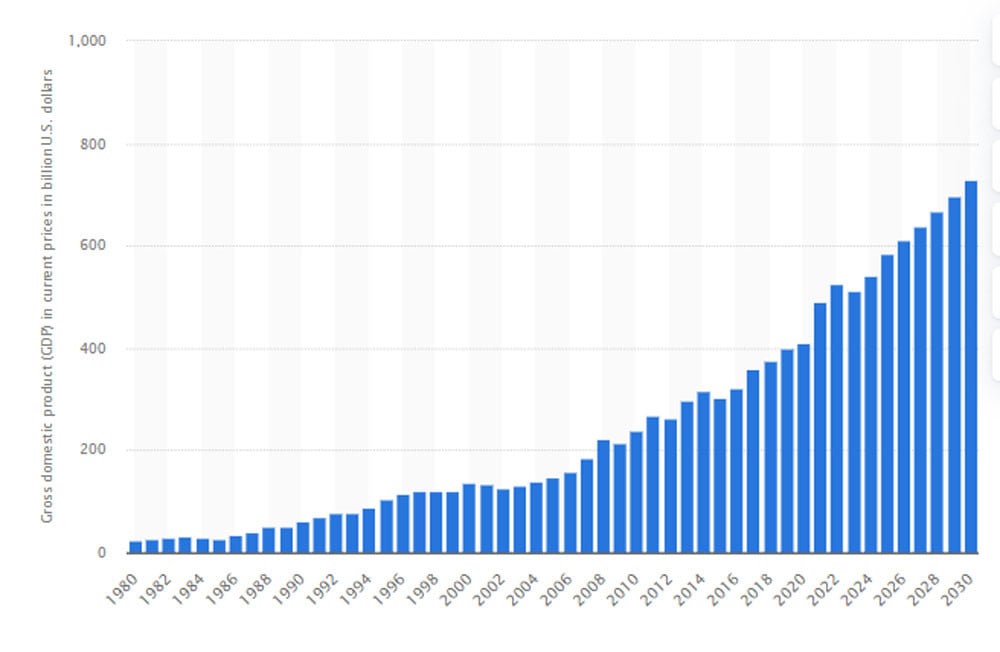
Local companies like Teva Pharmaceuticals (pharmaceuticals), Elbit Systems (defense), and Check Point Software (cybersecurity) are all global names, with market capitalizations exceeding $20 billion, $75 billion, and $24 billion, respectively.
A developed banking system and capital markets, with the Tel Aviv Stock Exchange (TASE) playing a central role, help Israel maintain strong foreign exchange reserves and low unemployment.
In particular, Israel leads the world in the rate of spending on research and development (R&D), accounting for more than 5% of GDP, higher than both the US and South Korea. Major technology corporations such as Intel, Microsoft, Google and Apple all have R&D centers here, affirming Israel's position as a global innovation center.
Israeli Prime Minister Benjamin Netanyahu has played a key role in developing Israel's economy, particularly through free-market reforms and promoting the high-tech industry.
He served as Finance Minister (2003-2005), cutting welfare, privatizing state-owned enterprises and attracting foreign investment, helping the economy grow strongly. Under his tenure as Prime Minister, Israel became a global technology center (Startup Nation).
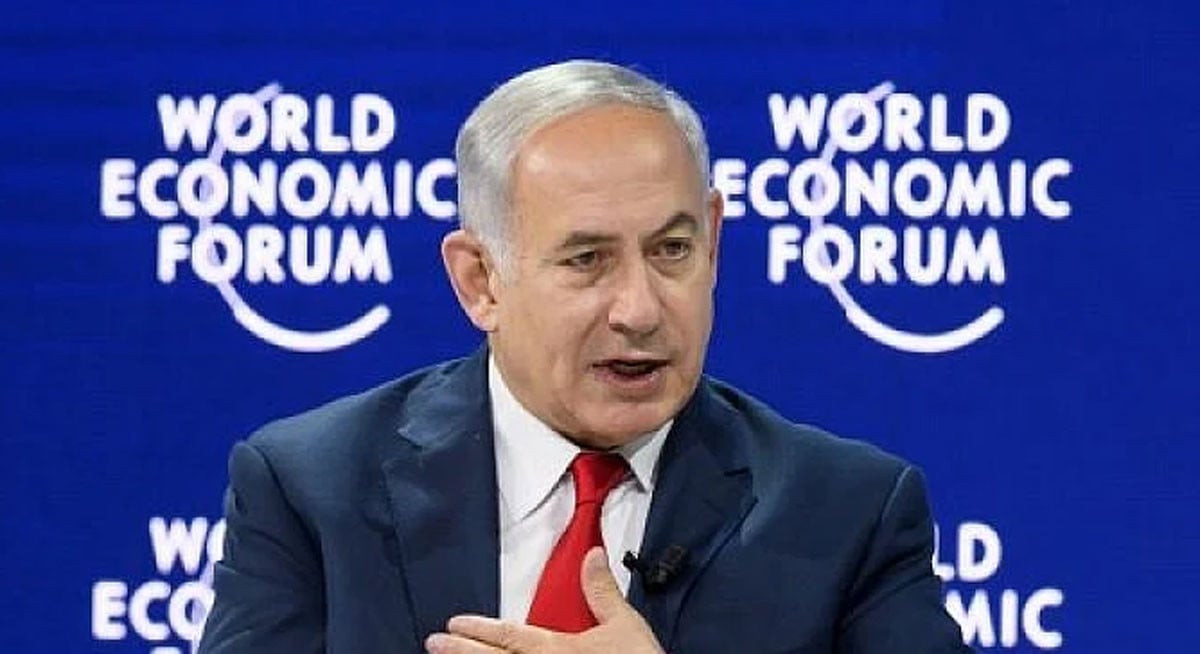
The role of global economy and financial markets
Israel is not only a regional economy but also has a profound influence on the world financial and technology markets. With more than 400 multinational technology companies setting up R&D centers in Israel, the country contributes significantly to the development of fields such as artificial intelligence (AI), cybersecurity and financial technology.
The number of Israeli companies listed on the US NASDAQ stock exchange ranks third in the world, behind only the US and China, a testament to Israel's appeal on Wall Street.
Israel's defense industry, with companies such as Elbit Systems, Israel Aerospace Industries and RAFAEL, accounts for a large share of the global arms export market and reached a record turnover of $14.8 billion in 2024.
Defense systems such as Iron Dome, David's Sling and Arrow missiles are considered a shield to protect national security and are also hot export items to Europe and Asia, reshaping the global arms market.
In the agricultural sector, Israel has achieved high efficiency thanks to the application of drip irrigation and smart farming technology, exporting advanced agricultural solutions to Africa and Asia. Following the 2020 Abraham Accords with the UAE and Bahrain, Israel expanded economic cooperation in the fields of energy, finance, and innovation, consolidating its role as an important economic partner in the Middle East.
Despite pressure from regional conflicts, Israel maintains steady economic growth thanks to flexible fiscal policies and a solid technological base.
Israel's economic strength is inseparable from its military capabilities and defense technology. The Israel Defense Forces (IDF) is well-equipped, with a defense budget in 2024 that is expected to increase by 65% to $46.5 billion.
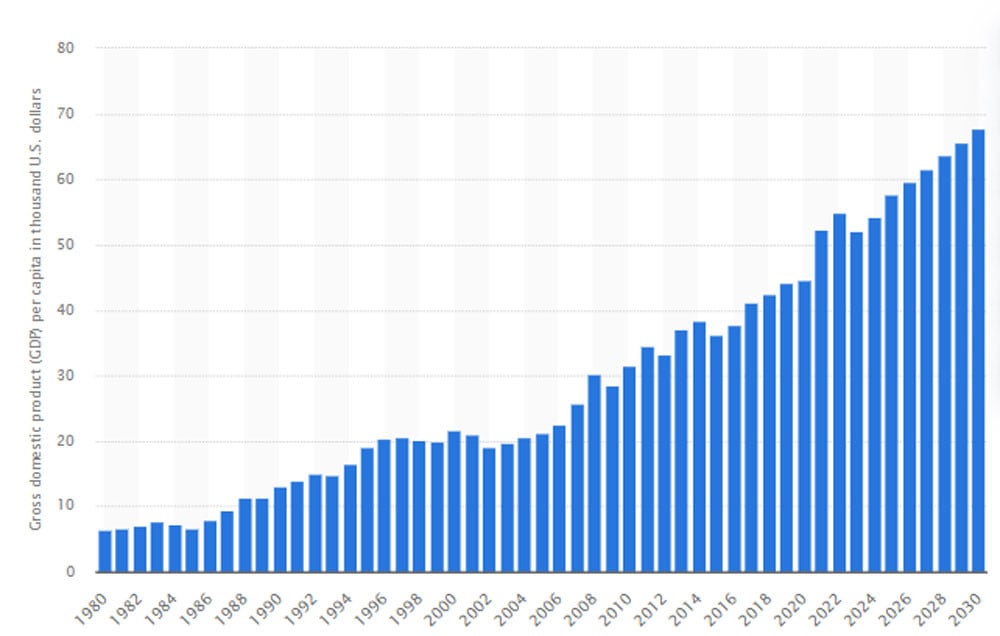
The Iron Dome missile defense system, with an interception rate claimed by Israel of more than 90 percent, along with the David's Sling and Arrow systems, have proven effective in conflicts with Hamas, Hezbollah and other Iranian proxies.
In Operation Rising Lion in June 2025, Israel launched a massive airstrike on Iran’s nuclear and military facilities. Its multi-layered defense system, including the Iron Dome and the Iron Beam laser air defense system, helped Israel neutralize most of Iran’s retaliatory missiles, protecting economic centers like Tel Aviv.
The intelligence capabilities of Mossad and Unit 8200, combined with electronic warfare technology, have helped Israel overwhelm Iranian proxy forces in Lebanon, Syria and Yemen, strengthening regional security and protecting economic assets.
This military strength not only protects the territory but also promotes the export of defense technology, creating a large source of revenue for the economy. Arms export contracts with India, Singapore and Europe are proof of the ability to turn military technology into economic advantage.
From the “Startup Nation” with a vibrant tech ecosystem to a powerhouse exporting weapons and agricultural solutions, Israel not only shapes the Middle East economy but also makes a significant contribution to the global financial and technology markets.
Despite regional conflicts, Israel has maintained its position through a combination of knowledge-based economy, advanced technology, and superior military strength.
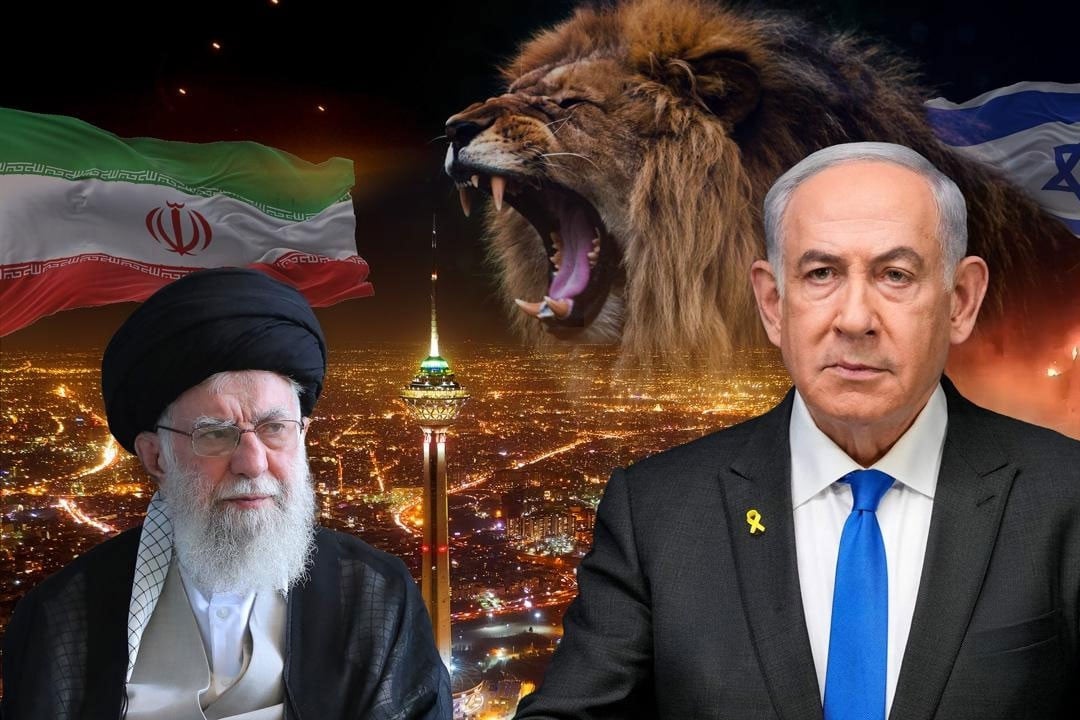

Source: https://vietnamnet.vn/kinh-te-israel-manh-den-dau-giua-khoi-lua-trung-dong-2412170.html












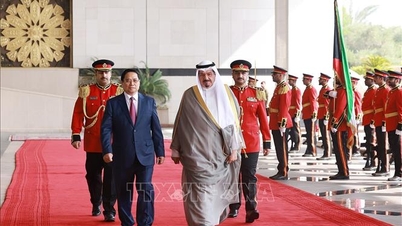




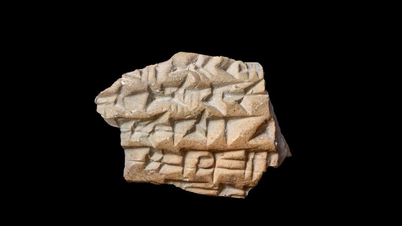

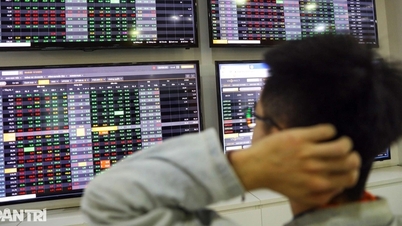




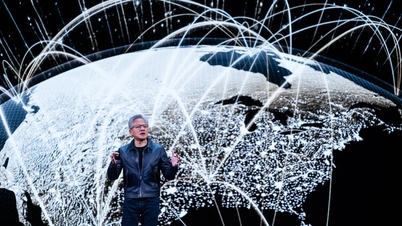

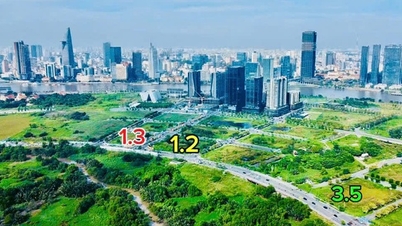





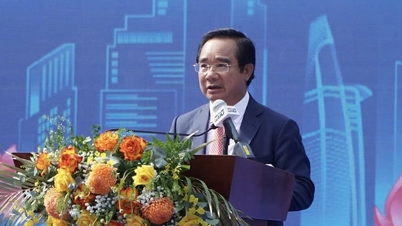
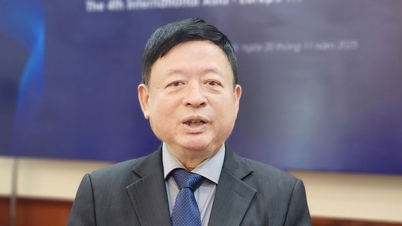













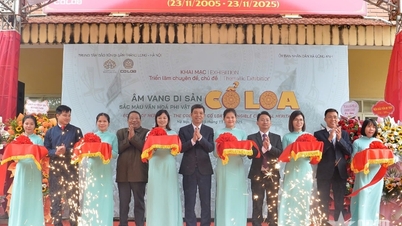

















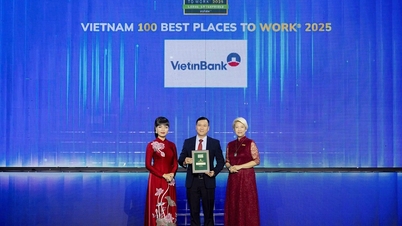














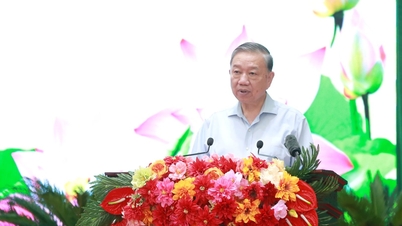

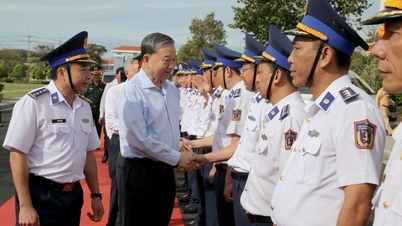






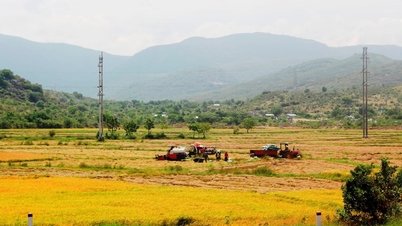
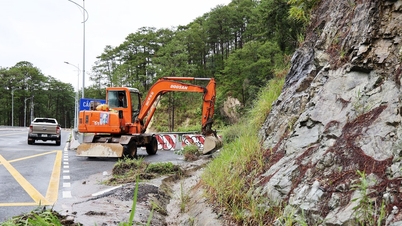




















Comment (0)